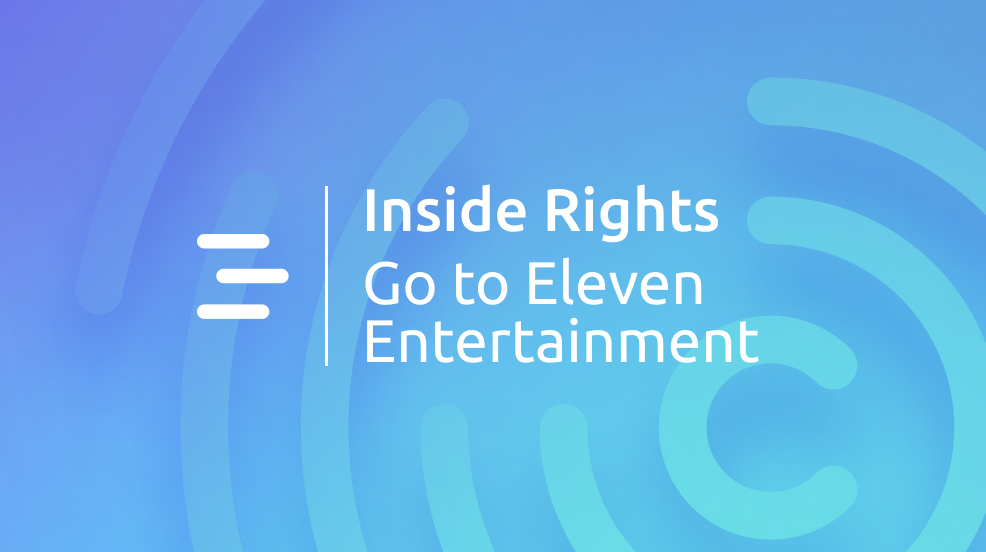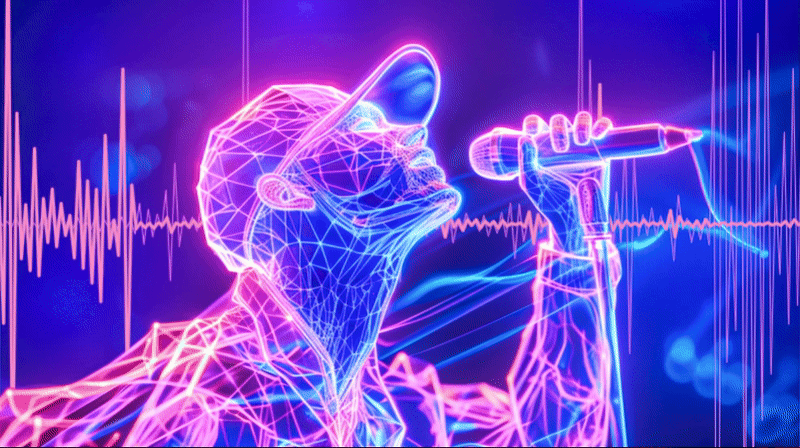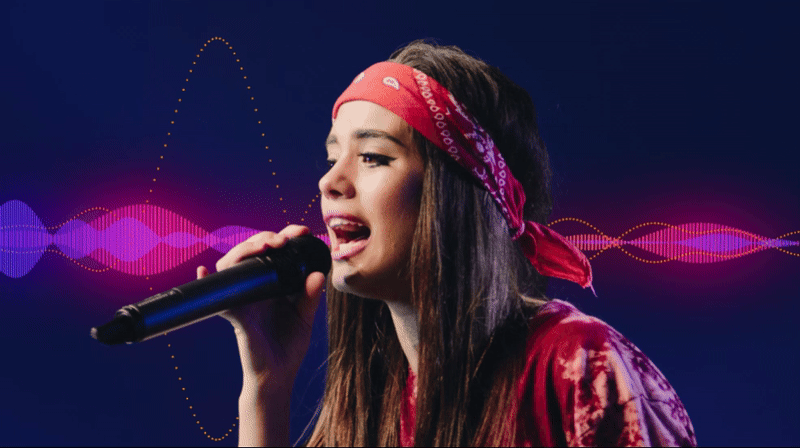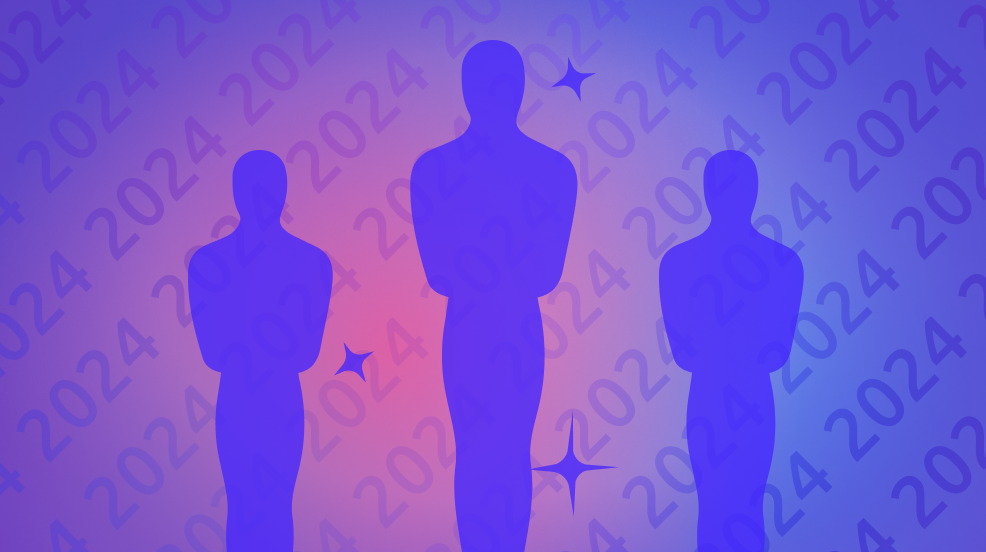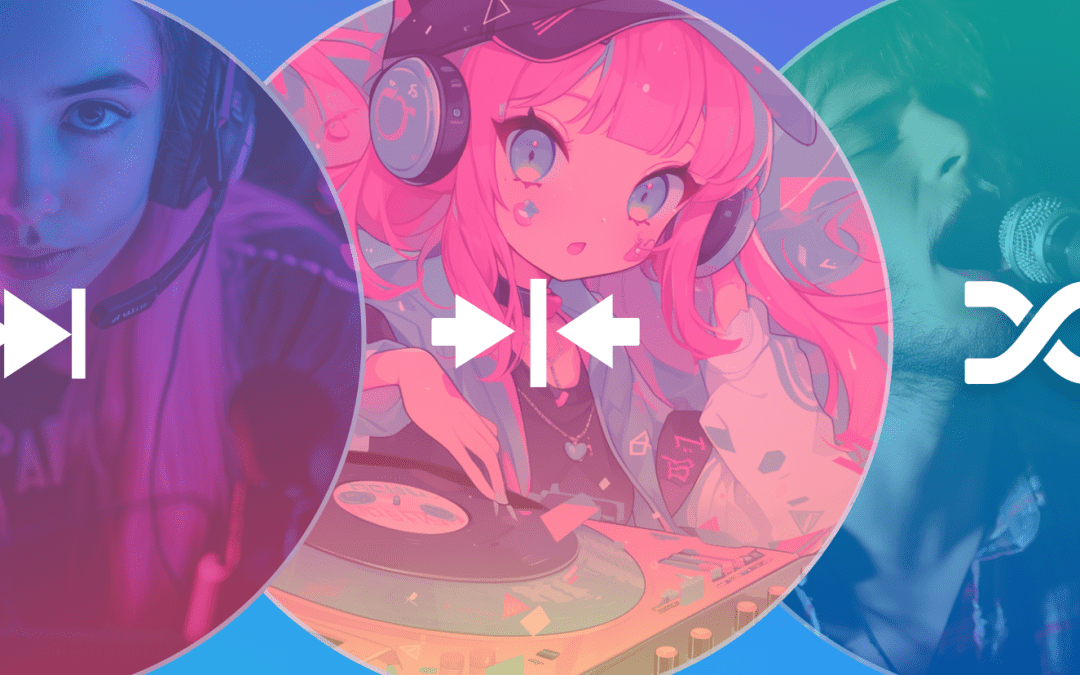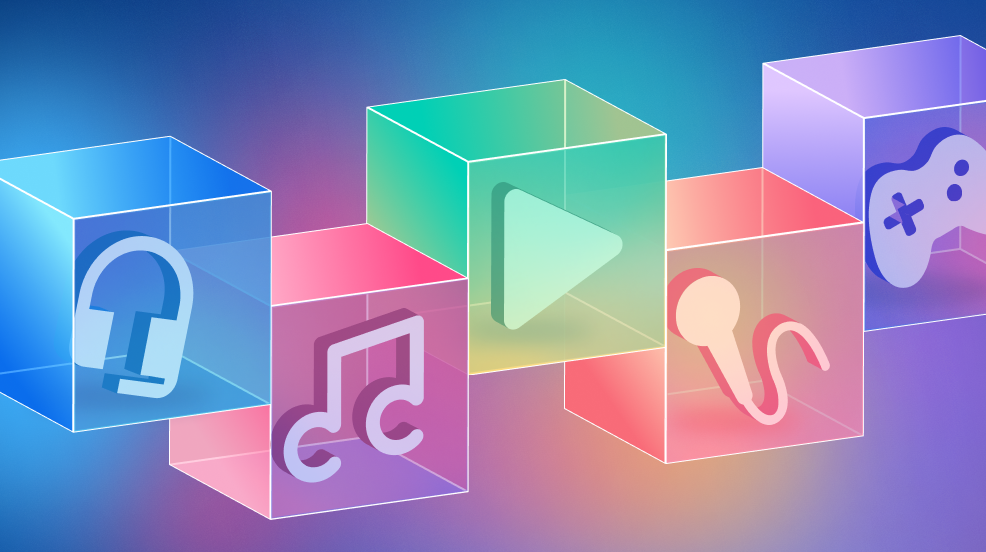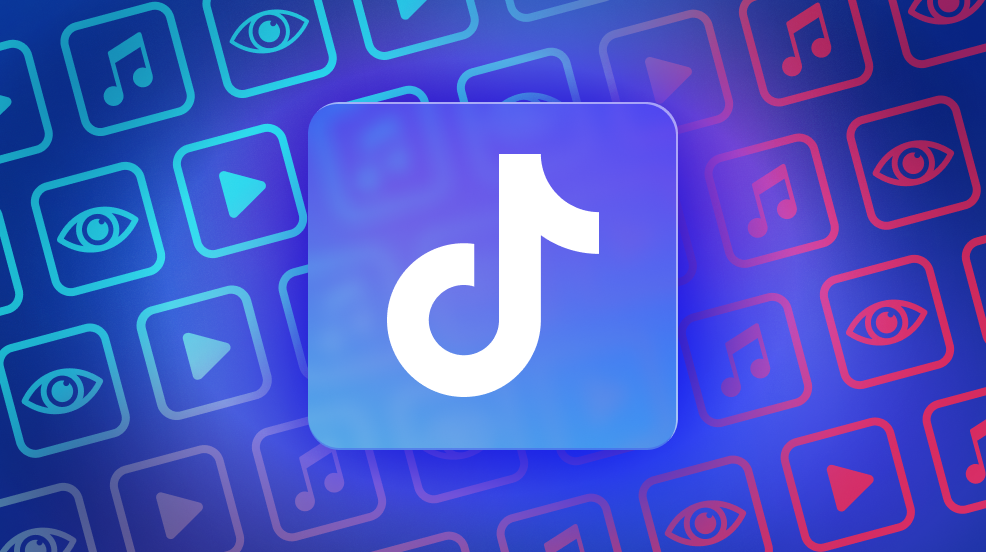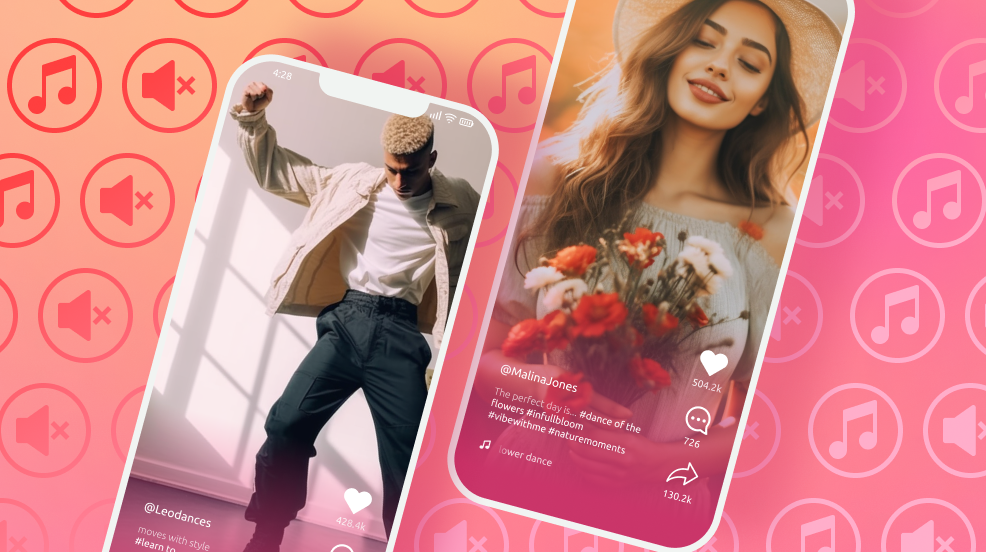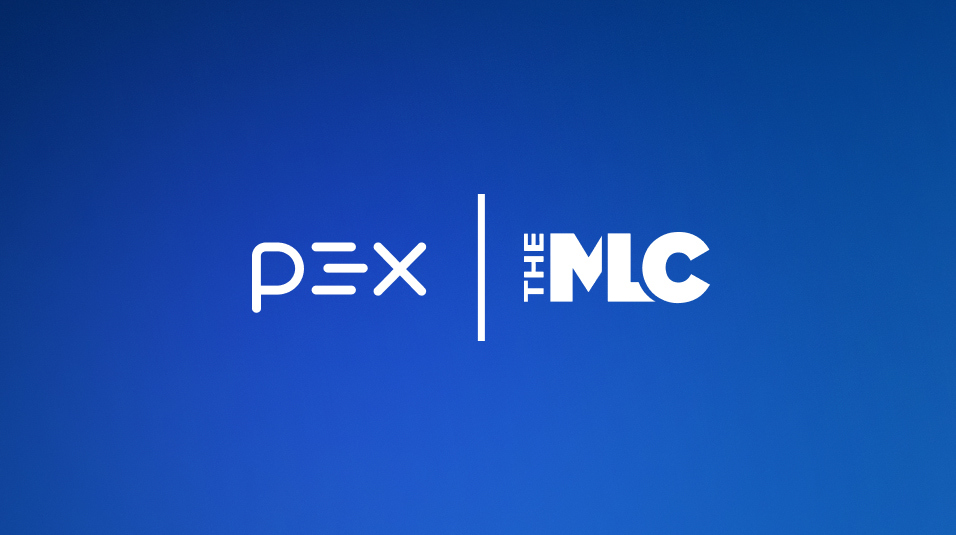Music publishing 101 and how technology companies can connect better with music publishers
Inside Rights is an interview series hosted by Pex. As the trusted global leader in digital rights technology, we routinely speak with rightsholders about their copyright challenges and successes. We hope this series sheds light on the complexities of copyright use on social media and the importance of proper attribution for platforms, rightsholders, and content creators. All answers/opinions shared by the interviewees are their own and do not reflect the opinions of Pex or the interviewer.
When most people think of music and music licensing, they think of sound recordings, recording artists, and record labels. What many often overlook is music publishing – the songwriters and music publishers who make and own songs. The lack of knowledge around music publishing rights in the creator economy leads to songwriters and music publishers not being properly credited and compensated for their works. I spoke with Monica Corton, CEO & Founder of Go to Eleven Entertainment, about her extensive experience in music publishing as well as some challenges happening in the music and technology industries.
Read the interview below to learn the basics of music publishing rights, why there’s a disconnect between technology companies and the music publishers, and what the biggest opportunities are for songwriters and music publishers as the creator economy grows.
Mitch Rubin: Welcome, Monica. Can you start by telling us about yourself and your experience in music publishing?
Monica Corton: I am the CEO and Founder of Go to Eleven Entertainment and the Go to Eleven Entertainment Music Royalty Fund. The company is a women-led music publishing company that provides social media services and branding and artist services. We sign, develop, and license rights for songwriters, artists, and producers, with a special focus on female creators.
Prior to creating Go to Eleven Entertainment, I was President of Monica Corton Consulting, a full-service music consulting company that provided services in music publishing, licensing, copyright, music supervision, royalties, and business strategy. I have also held senior management positions with Next Decade Entertainment, where I was responsible for acquiring new talent and managing the creative exploitation of their catalog, including the drafting and negotiation of all licensing agreements, managing our sub-publisher network, and overseeing the collection and payment of royalties.
MR: Would you mind starting off by giving us an overview of music publishing and the various rights associated with a composition?
MC: A music publisher manages the four rights that are bundled together to make up what is music publishing. The first of those rights are performing rights. So when a song is played on the radio, internet, or television, performing rights are licensed and collected by the four PROs (performing rights organizations) in the United States: ASCAP, BMI, SESAC, and GMR. There are other PROs that run performing rights in other countries.
Second, there are mechanical rights, which are audio-only rights. “Audio only” now means digital downloading and streaming. In the old days, it included cassettes, records, CDs, and vinyl is making a comeback. But all of those audio-only uses are mechanical licensing rights.
Then there’s audio-visual rights or synchronization rights, which is anything that marries a visual image to an audio file, like a film, television show, video game, or a commercial. Synchronization licensing is totally at the will of whatever the market will bear. The licensing ranges all over the place, depending on the use, the quality of the song, where things are going to be broadcast, and a bunch of different parameters.
The fourth right is print rights, and that’s the visual image of a song. Normally, people think of sheet music when they think of print, but any kind of lyric reprint is also a print right. Now, in the digital age, print rights usually get lumped into multiple rights licensing. The advent of digital has thrown us all into this licensing conundrum of trying to figure out what rights people actually need and what is the value of those rights in the nature of a licensing regime. That’s where the conflict has happened between tech and music – in trying to sort out what the rights are and what the values of those rights are to a particular service or product.
MR: I recently read an editorial you wrote for Hypebot where you argued that tech companies are not very well versed in music publishing. What led you to that conclusion, and what are the ramifications of the tech industry lacking publishing expertise?
MC: I participate in tech conferences and they don’t realize there are two copyrights involved in every recording, the music publishing and the master right. I think part of the reason they’re less aware of publishing is that a lot of these services only use performance and mechanical rights. And if they’re only using those two rights, they don’t deal directly with publishers.
It is harder to manage publishing now than it ever has been in the 30 plus years I’ve worked in the business, and there are now investors coming into this space. When you look at a song now, it’s not unusual to have three songwriters on that song and 10 to 15 publishers, because everybody’s selling a piece of their publishing to a lot of different entities.
When I first started in the business, there were maybe 50 main publishers who all had varying degrees of major catalog and there was more competition in the negotiation realm, so there was more diversity in the licensing. But, there were also fewer ways to license. Now, partially because we have digital analytics and they can tell when the best time of the year is to advertise certain products, they limit the license and they also regionalize it. The minute you start to get very fancy with the publishing rights that you want to acquire, that requires more thinking in the negotiation process on behalf of the music publisher. It’s just gotten very complicated.
MR: You mentioned in January that the management of digital rights changed. Can you elaborate on that?
MC: In 2018, Congress passed the Music Modernization Act. In part, the Music Modernization Act set up, for the first time, a collective management organization to license digital mechanical rights in the United States. There is oversight on it by the Copyright Office – it’s not a private organization like the Harry Fox Agency or Music Reports.
The streaming services didn’t want the liability of putting out music and getting sued for copyright infringement, and the publishers didn’t want the streaming services holding on to all this “unknown money.” So the solution is now they get a blanket license from The MLC, meaning that when they take out a blanket license from The MLC, they can use any repertoire at all. And it’s The MLC’s job to identify all the music publishers and owners of that music and pay them. So The MLC will now be holding all of the money, and the streaming services have to pay 100% of the money that they’ve collected for the songs, based on the statutory rate, to The MLC.
MR: What do you consider to be the biggest opportunity for music publishers and composition rightsholders in the creator economy? What do you think needs to change, if anything, to take advantage of the opportunity?
MC: For me, I’m really looking at VR and AR products as the biggest opportunity in the next two years and whatever that leads to. I think the exercise world and the esports world are a huge opportunity for music licensing. I still haven’t seen the synergy with the cannabis industry, but I know it’s coming once it becomes legal on the federal level. And none of these are a problem – it’s just establishing new licensing regimes that make everybody happy.
Everybody wants to hear the best music, so why not make that the goal and work the business around it? Part of the problem is that the rights management and the licensing is difficult and a lot of it has been left to attorneys, who are very nice people, but they don’t do licensing; they do legal agreements. The way it’s working now is not working. I think our biggest challenge is getting the tech community to talk to the music publishing community in an intelligent way.
Connecting music and technology
At Pex, we are bringing digital platforms, rightsholders, and content creators together to facilitate proper attribution and licensing. Our Attribution Engine is open to all music rightsholders, including independent music publishers and songwriters, to register their catalogs and license to UGC platforms. Attribution Engine manages all types of copyrights and can identify copyrighted songs on UGC platforms by melody, helping music publishers find more uses of their songs and earn more royalty revenue.
Want to learn more about Attribution Engine? Reach out at [email protected].

